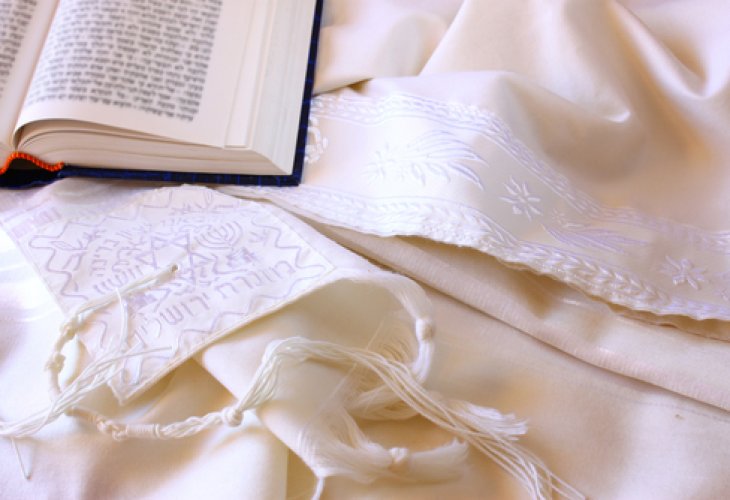Personal Stories
A Story for Shabbat: Three Mysterious Gifts That Changed a Life
A tzaddik receives three unusual gifts and discovers their divine purpose while rescuing a Jewish family

The gabbai (attendant) called Rabbi Moshe Leib back to the house for the third time. He had already said his goodbyes, but his teacher, the great Rabbi Shmelka of Nikolsburg, had something more to give.
First, it was a loaf of bread. Rabbi Moshe Leib, one of his most devoted students, was preparing to leave after a long stay in his teacher’s home, where he had learned Torah and grown deeply in his connection to Hashem. When his teacher handed him the loaf, Rabbi Moshe Leib didn’t ask any questions. He accepted it silently and started on his way.
Soon after, the gabbai caught up to him again and brought him back. This time, Rabbi Shmelka handed him a gold ducat, a single, valuable coin, worth a great deal. Once again, Rabbi Moshe Leib thanked him quietly and turned to leave.
But once more, the gabbai ran after him and brought him back a third time. Rabbi Shmelka now gave him his own white silk robe, a beautiful garment the rabbi wore on Shabbat. He placed it into the hands of his student. Without a word, Rabbi Moshe Leib accepted it and set out again. This time, he was not called back.
While traveling, Rabbi Moshe Leib passed through a small village. Taking a side road, he suddenly heard desperate cries for help. He followed the sound and found himself behind the estate of the village poritz, the wealthy landowner. There, in a pit used as a prison, was a poor Jewish man who ran the local inn and his family. They had been thrown in because of a 300-ducat debt owed to the poritz for rent. Now they were suffering from hunger and cold, locked away with no hope.
Without hesitating, Rabbi Moshe Leib tossed the loaf of bread into the pit so they could have some strength. Then he made his way around to the front of the estate and asked to speak to the poritz.
When the poritz received him, Rabbi Moshe Leib pleaded for the family’s release. “Take pity on them,” he said. “Let them go free. Next year, I’ll return and pay you double. But what good will it do if they die in that pit? That won’t bring back your money.”
The poritz remained unmoved. “If they can’t pay, they stay. Let them die for all I care. It’s a matter of principle.”
At that point, Rabbi Moshe Leib reached into his pocket and pulled out the gold ducat his teacher had given him. “Here,” he said, “take this as a payment for the debt, and let them go free.”
The poritz laughed bitterly. “One coin? Are you mocking me? The debt is 300 ducats!” Furious, he ordered his guards to unleash his vicious dogs on Rabbi Moshe Leib.
But the dogs, instead of attacking, kept their distance.
The poritz grew even angrier. “Throw him into the lion’s den!” he shouted referring to the cage of lions and wild animals he kept from hunting trips.
The guards dragged Rabbi Moshe Leib to the cage and threw him in. Inside, surrounded by lions and tigers, he calmly took out the third gift from his teacher, the white silk robe and wrapped himself in it.
The wild animals stared at him quietly, with awe. Not one of them moved against him.
Now the poritz understood. This wasn’t an ordinary man, this was a holy Jew, a tzaddik. He had witnessed a miracle.
With trembling hands, the poritz took the coin and released the imprisoned family. One ducat had been enough after all.
Every one of the three gifts had a purpose. The loaf of bread saved them from starvation. The single coin melted a hard heart. And the white robe wrapped Rabbi Moshe Leib in Hashem’s protection, just as his teacher must have known it would.
Years later, the story of the tzaddik who tamed the lions and freed a family spread far and wide. But those who knew Rabbi Moshe Leib weren’t surprised. He was known for his deep compassion and his dedication to the mitzvah of pidyon shevuyim, redeeming captives often risking everything to help others.
His yahrzeit (anniversary of passing) is on the 4th of Shevat, and his memory continues to inspire us with faith, humility, and courage.
May his merit protect us.

